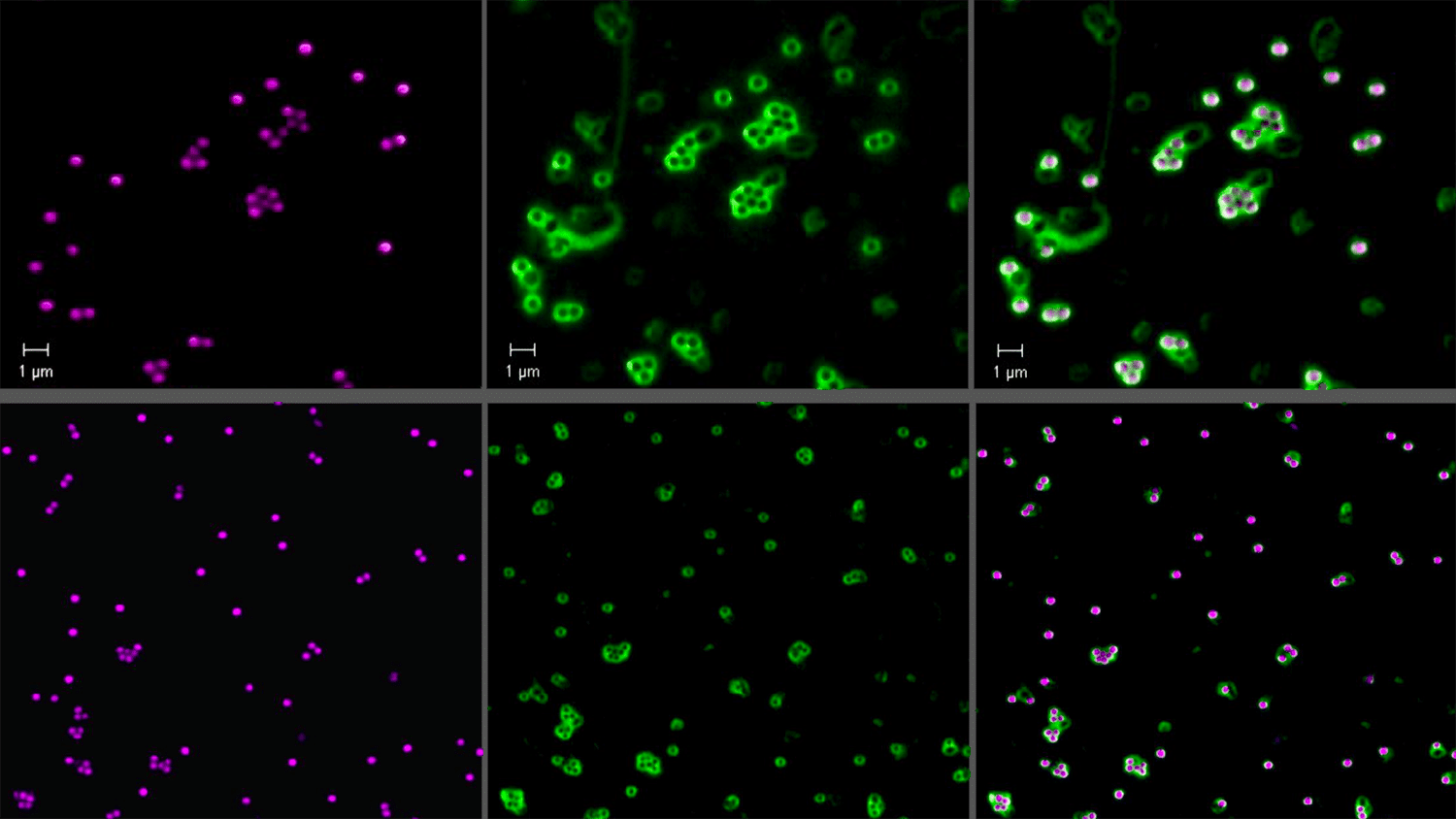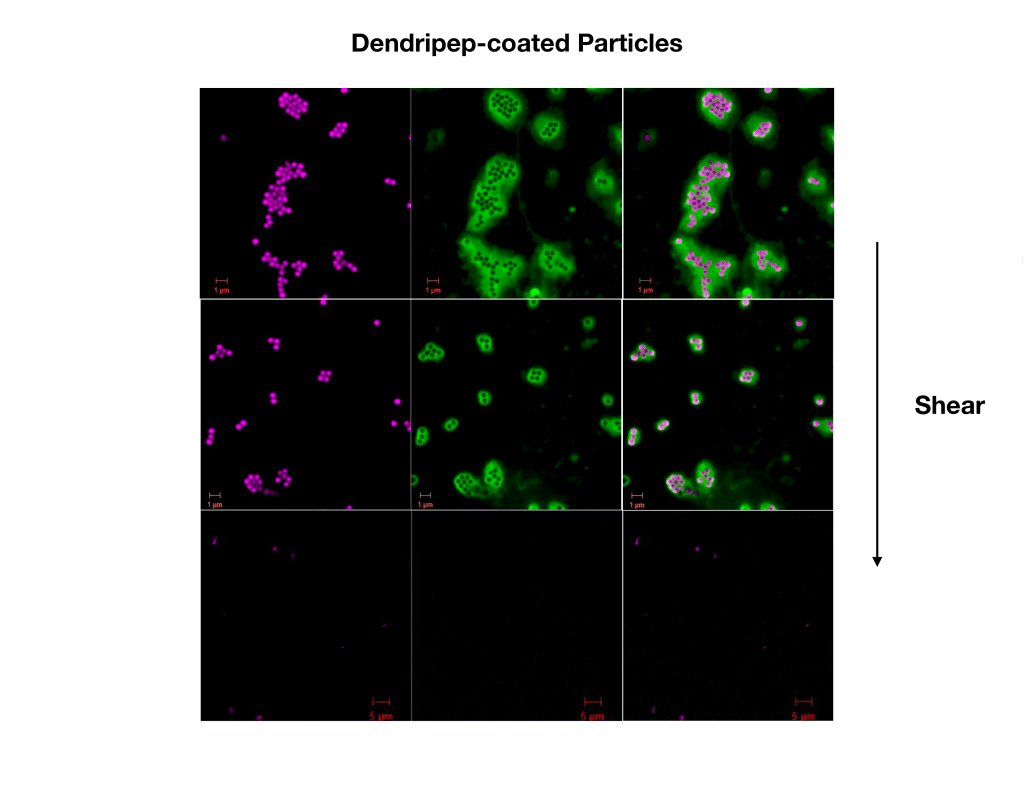NC State Researcher Develops Soft Material to Preserve Biological Medicines

As superbugs become increasingly dangerous to human health, NC State researchers have developed a soft material that preserves medicines capable of treating infections without the risk of antimicrobial resistance.
With his colleague Christopher Gorman in the Department of Chemistry and students Ryan Smith and Juliana O’Brien, Stefano Menegatti, a University Faculty Scholar and an associate professor of chemical and biomolecular engineering, developed new dendrimers — highly structured macromolecules — that act as a glue around nanoparticle templates. Such templates include bacteriophages, which are viruses that can infect and attack harmful bacteria in the body. While they can be an alternative to traditional antibiotics, they can be difficult to formulate and stabilize as a medicine. To remain safe and effective, therapeutic bacteriophages need to be protected from environmental changes.

Menegatti and his team found that dendrimers combined with short chains of amino acids, or peptides, can surround nanoparticles and keep them stable in a variety of conditions. Their team calls these dendrimers DendriPeps. As nanoparticles are suspended in water, these soluble DendriPeps keep them in a closed, stable system.
“These dendrimer coatings maintain the water content inside a virus while acting as a proton sponge, shielding the virus from salt or pH changes,” Menegatti said. “It’s a soft yet impermeable barrier. It maintains a nice environment for the virus.”
Once DendriPeps have coated nanoparticles, localized shear triggers their release and their therapeutic activity. Soft materials can be designed to respond physically and chemically to stimuli like temperature, pressure and moisture. Shear is an ideal stimulus for drug delivery applications because it is almost ubiquitous throughout the body. Eyelids cause shear when blinking; waste shears the gut wall during digestion; shear is created when one rubs something onto skin. This allows DendriPeps to treat local infections.

“Shear is often a forgotten stimulus,” Menegatti said. “With this invention, we wanted to fill that gap, and DendriPeps offered an amazing opportunity to do so.”
When a cluster of DendriPep-coated nanoparticles is sheared, it degranulates, releasing the single particles. These particles can in turn release a therapeutic payload, or, like the bacteriophages, infect and kill dangerous bacteria. When therapeutic action is not needed, shear is removed and the particles are recoated with DendriPeps and recluster. This stops the payload release.
This formulation can protect bacteriophages. This offers a way of replacing antibiotics in some critical applications: The widespread use of antibiotics has developed superbugs — bacteria that are resistant to standard doses of antibiotics. The research team is also developing more DendriPep-based nanomedicines to deliver new drugs like viral vectors in gene therapy.
In the past few years, Menegatti has been honored as a Goodnight Early Career Innovator and an NC State Faculty Scholar. He has also received an ALCOA Foundation Research Achievement Award, a Chancellor’s Innovation Fund grant, and an NSF Early Career award. Currently, his research has shifted toward gene therapy manufacturing technology and creating more efficient production processes. It’s in a similar vein to his dendrimer research: He’s seeking ways to overcome natural and systematic hurdles in biomedicine. His goal is to improve manufacturing of and access to better medicine.
“DendriPeps could be the missing link in material sciences to make therapeutic viruses the center of the next-generation antimicrobials and drugs,” Menegatti said.


